Why Autistic People Ask “Why” So Frequently
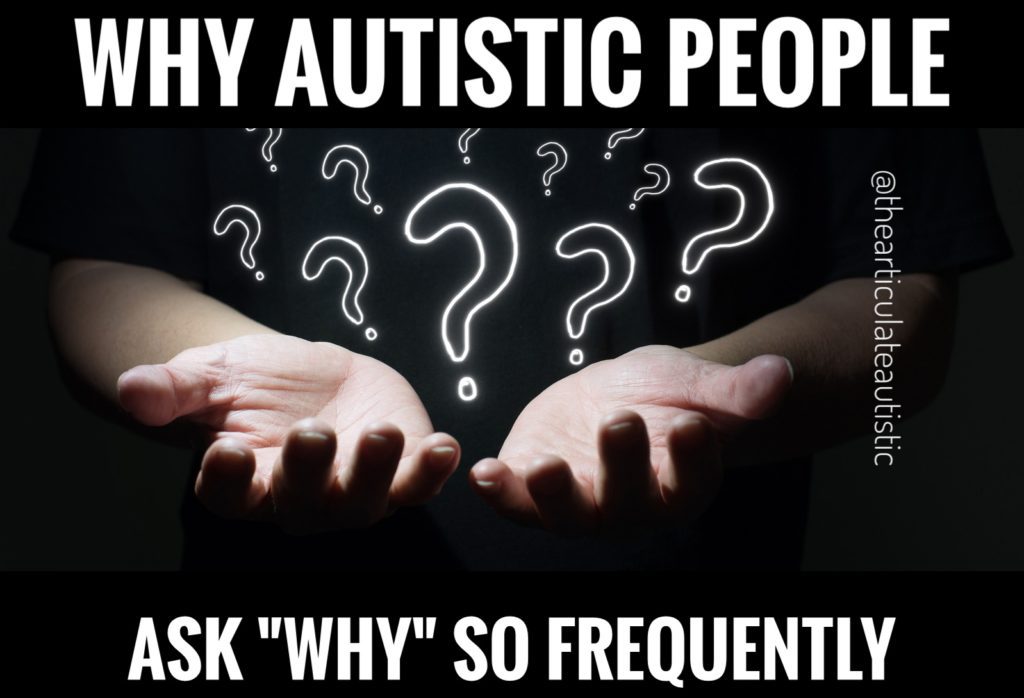
In past blog posts, I’ve explained how utterly imperative it is to be very specific when requesting something of a person on the spectrum, and why, when autistic people explain things to neurotypical people, it can come across as rude and condescending (even though it’s not meant to be).
In today’s post, I want to add to this dialogue by discussing the word, “Why?”
If you know someone on the spectrum, you’ve probably heard this word more times than you can count.
WHY is probably the most misunderstood word between autistics and neurotypicals. It’s the one that can cause the most friction and the most problems.
To an autistic person, asking “why” is a request for the reasoning behind something we’ve been asked to do or a rule we’ve been asked to follow.
When someone explains to me why something must be done or said a certain way, it feels like someone is taking a blanket off my face that I didn’t know was there. I can breathe! I can understand! I can make connections between the request and the reason! Life is beautiful in that moment!
Specific and detailed responses to “why” make me feel calm and secure in my environment.
Without the answer to this all-important question, I feel like I’m only getting half the picture while floating stomach-twistingly in the air on a kite string flown by an uncoordinated four-year-old.
I can’t hang on, and, at any moment, I feel like I’m going to slip away into the wind, never to be seen again.
Now, by contrast, when many neurotypical people are asked “why” by anyone over the age of about 10, they feel as though they’ve been slapped in the face!
That’s right! When an NT asks another NT the question, “why”, it is seen as an expression of doubt, mistrust, insubordination, and arguing.
However, this does depend on how the question is asked and how often it is asked after an instruction is given.
“Why” is not seen as a request for more information in many cases with NT people, especially when it comes to relationships that are of the “mentor” and “student” variety. For example, boss and employee, parent and child, elder and younger person. “Why” is seen as a sign of disrespect.
When you’re on more of an “even playing field” in the social hierarchy, say, co-worker and co-worker, child and child, or younger person and younger person, this question is more acceptable and tolerated.
If you’re an NT, I’m really going to knock you on your ass with this next revelation:
Autistic people do not have an inherent understanding of social hierarchy. To us, a CEO is no different than a janitor, a child no different than a parent, a billionaire no different than a homeless person.
Plus, add this to the fact that we NEED to know why we are doing things in order to learn and make sense of the world and what’s expected of us, and you literally have one word that acts like a ticking time bomb.
So…neurotypical people, your answers to the question of “why” is our oxygen, our water, our food. We are NOT questioning you as a person or trying to be rude, we are simply (and sometimes desperately) trying to understand. Also, we do not recognize social hierarchy until it is explained to us, and even then we don’t really “get it” deep down (because we aren’t wired that way), but we will learn to follow it to a point to avoid uncomfortable situations.
Want to learn more about how your autistic loved one thinks, feels, and processes the world? Check out the books linked below!
The more you understand about the autistic neurotype, the less likely you are to experience chronic misunderstandings among each other.
Want downloadable, PDF-format copies of these blog posts to print and use with your loved ones or small class? Click here to become a Patreon supporter!

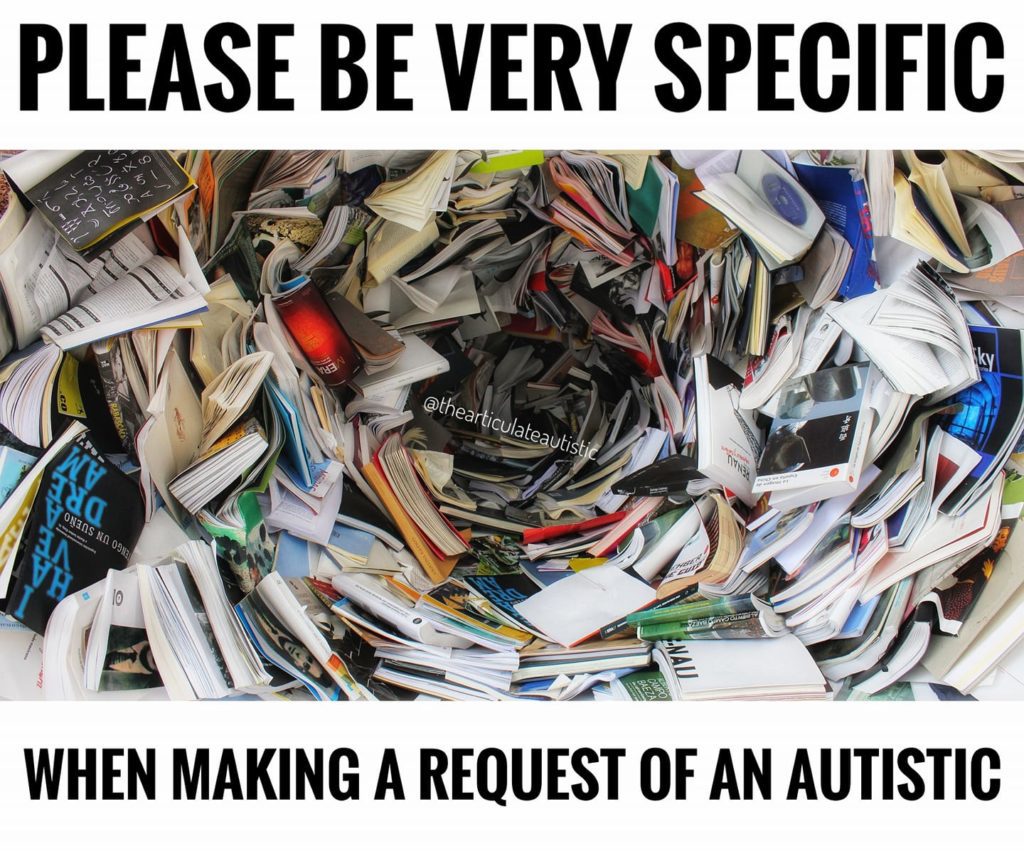
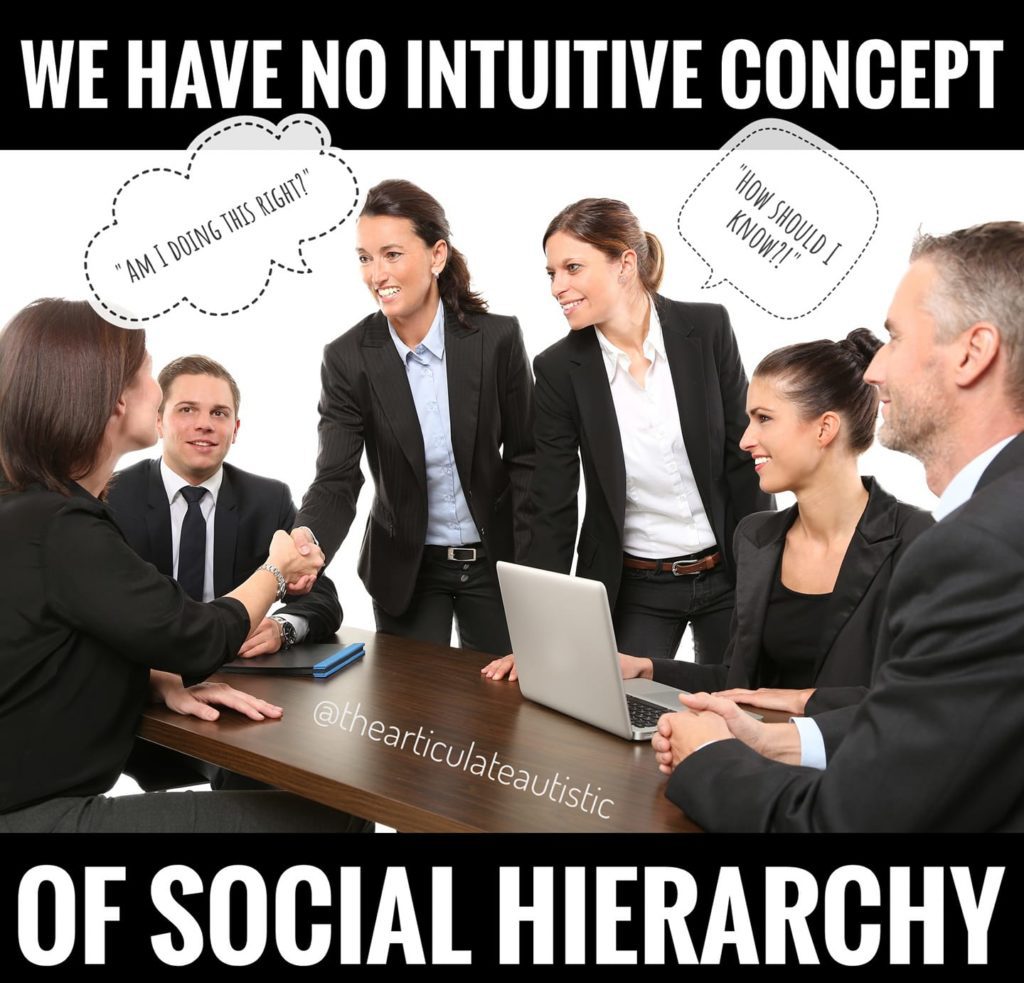







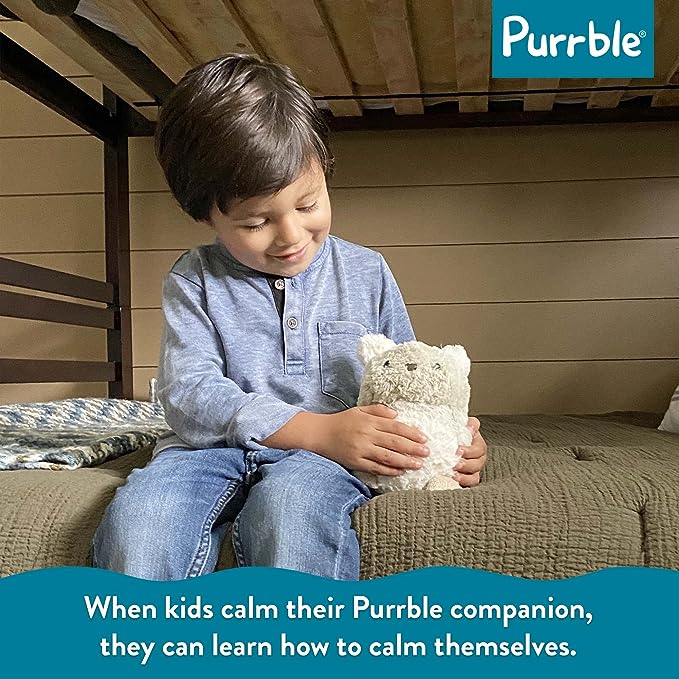




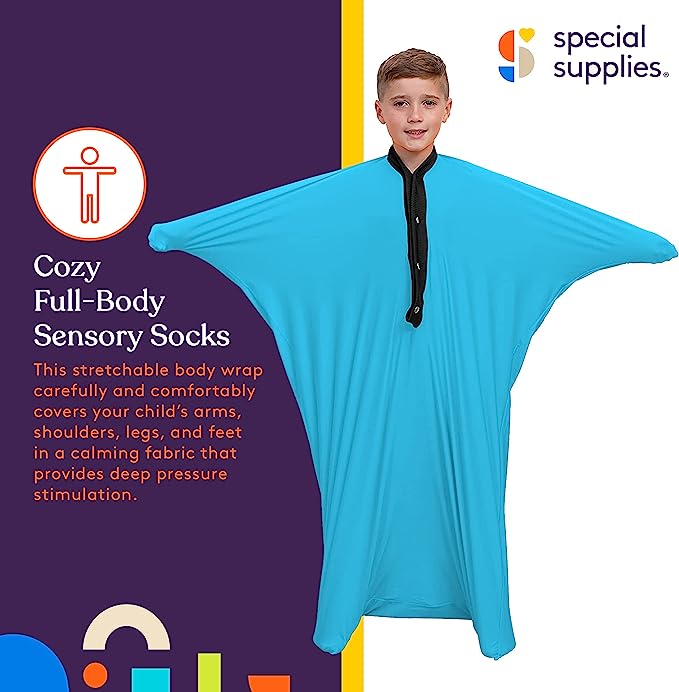
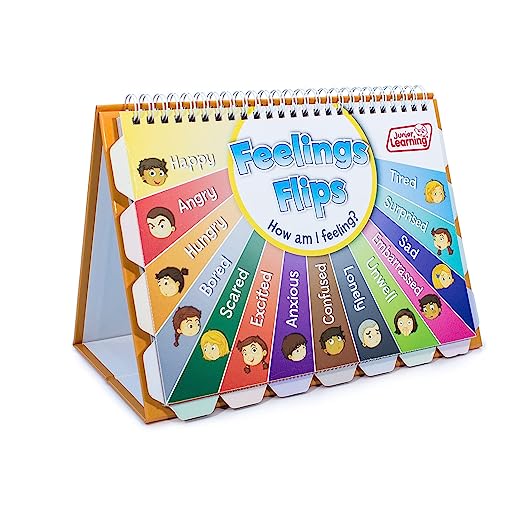
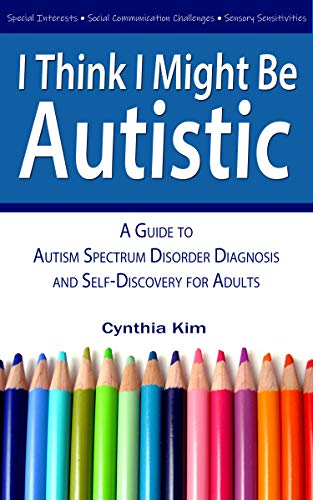
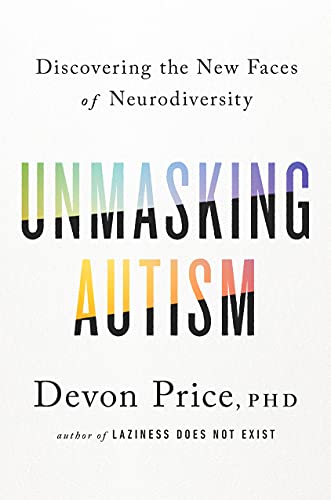
I got fired from my first job after college because I asked too many questions. They told me I was undermining their authority. I merely wanted to understand so I could do a better job.
I’m sorry. I understand how confusing and disheartening it is to have that happen, especially when you’re trying to be better, not cause problems.
You should sue them and take them to cleaners for ‘wrongful dismissal’. You could easily make a case for discrimination for your autism.
I’m working as an educational advocate for a family who’s son is autistic and has dropped out of high school for mental health reasons. His parents are saying he needs to go to school and he is constatly asking WHY? they keep going around in circles because of this. The family is in danger of truancy. So how can they explain to their son WHY when he is constatly asking? They are out of answers…
That sounds like a bit of a complicated situation. I’d need more information. Would you like to schedule a time to meet with me to discuss? I have openings for consultations starting again in April. Here’s the link to make an appointment: https://calendly.com/thearticulateautistic/60-minute-video-translation-session?month=2024-04
I ran smack dab into this wall again yesterday. Was already dealing with overwhelm and exhaustion of masking (I’m a college professor of nursing and we are at end of term and planning for next term.) They have been on us about needing students to get into their textbooks, always making sure that students back things up, knowledge-wise, from the textbooks, etc., and I’m fine with that. Then in one day full of meetings (with a potluck… in our meeting room… full of smells and sounds of everyone eating and I couldn’t not be there because we were all working on things and doing meetings… and I’d already received the social signal that I was offensive the day before for choosing not to go out to eat with the group) I was told a) we are transitioning away from the textboook and b) we are transitioning away from the resource we use that is a textbook replacement. OH and the presentation that included that tidbit was played so loudly I had to put in ear plugs to not be in physical pain.
Needless to say, I had questions. I knew I’d crossed the line when I heard my boss say “Well, luckily we have the curriculum committee to make these decisions!” in the tone of voice she uses when I’ve pushed her over the edge.
I freaking love this job. I love my students, I love teaching, but I need information. If I don’t ask questions I run into walls. When do ask questions I run into walls. I woke up this morning and texted to my family group text (all nine of my kids are also ND) “Why are NTs LIKE THIS???”
I’m so sorry. It’s so frustrating to not be able to ask enough questions to fully understand what’s going on.